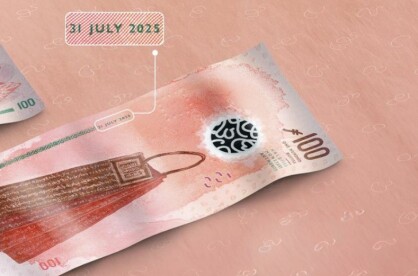The Maldives Inland Revenue Authority (MIRA) has been staying on top of companies and individual parties who do not pay their taxes since its establishment in August 2010. Being established as a separate and independent legal entity, MIRA brought about a modern tax system to the Maldives via the Tourism Goods and Service Tax Act which was introduced in January 2011 as well as the Business Profit Tax Act which was introduced in July 2011.
Since its establishment, MIRA has come a long way in holding parties accountable for large amounts of unpaid tax that is owed to the state. In a modern twist to ensure parties that continue to evade tax, MIRA even established a ‘name and shame’ list, where companies that have major uncleared taxes are put on a list, which is then published to the public. Due to the ‘name and shame’ list itself, MIRA has managed to ensure that the state makes revenue from taxes. With these efforts, MIRA has even successfully reported a remarkable 93 percent increase in revenue for September 2024 compared to the same time in 2023.
As MIRA continues to establish new frameworks to ensure that parties are held accountable for their tax owings, MIRA has now brought additional changes to the rule when it comes to allowing the seizing of bank accounts of those who have not cleared large amounts of taxes. Tightening the measures taken against such parties, MIRA has brought an amendment ensuring that accounts can be frozen due to unpaid taxes if certain conditions are met which include:
- The amount is above the amount fixed by MIRA without penalty and interest
- No agreement has been signed under the instalment payment method
- Not being unpaid due to non-receipt of payments due to a Government agency or a company in which the government holds 100% or majority shares
- There is no additional amount in the IRA record that can be deducted from the unpaid amount
With this amendment, MIRA can take stronger measures to ensure tax payments as the previous rule only allowed the authority to freeze accounts if payments were not made within 60 days or two months following the notice. While MIRA's 'name and shame' list has seen some success by compelling certain parties to settle their outstanding taxes, a significant number of entities still carry substantial tax liabilities. Despite its initial impact, the approach has limitations in fully resolving the issue of large, uncleared taxes.
The newly proposed amendments, however, have the potential to introduce a more comprehensive and long-term solution, addressing the underlying challenges more effectively. These changes could enhance enforcement mechanisms, encourage timely compliance, and ultimately lead to a more robust tax collection system that benefits the entire economy.







